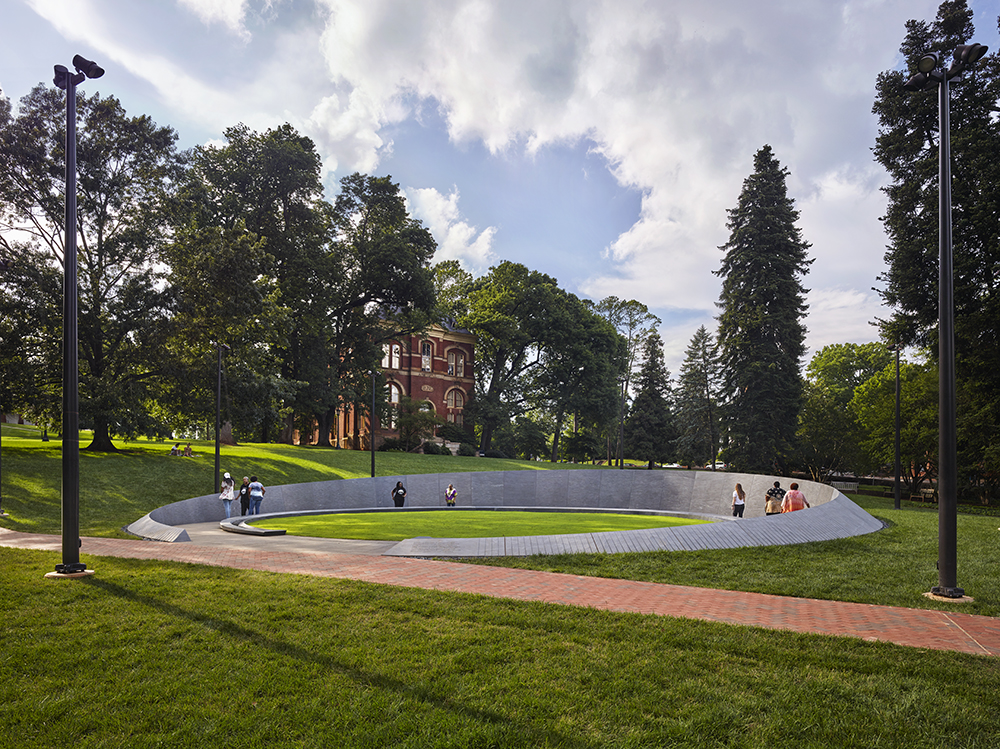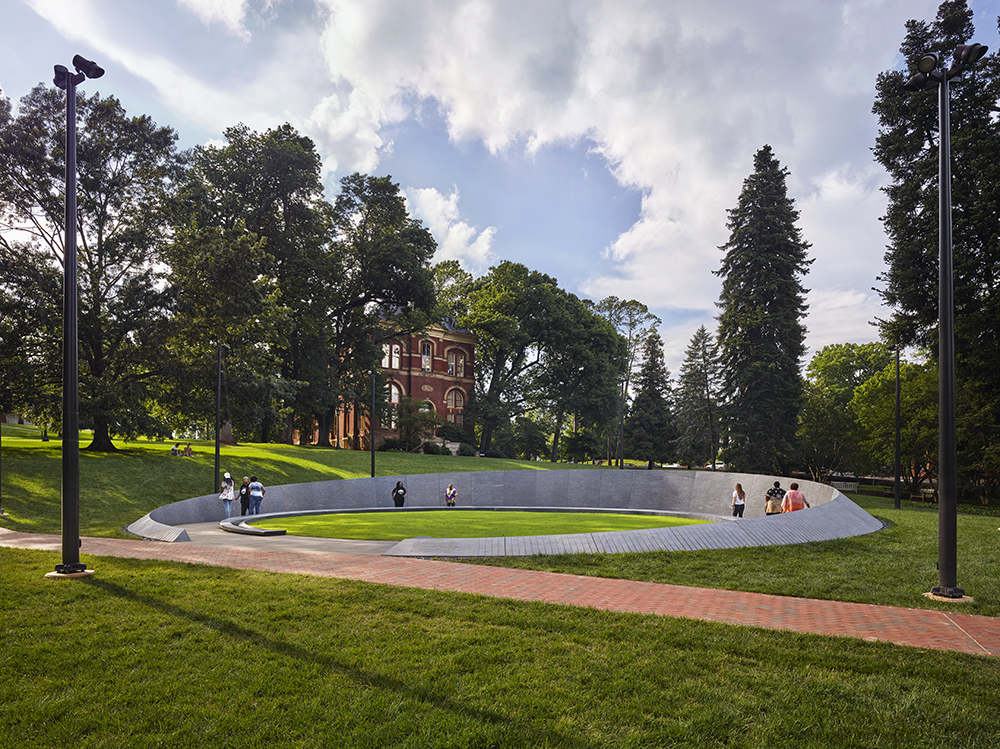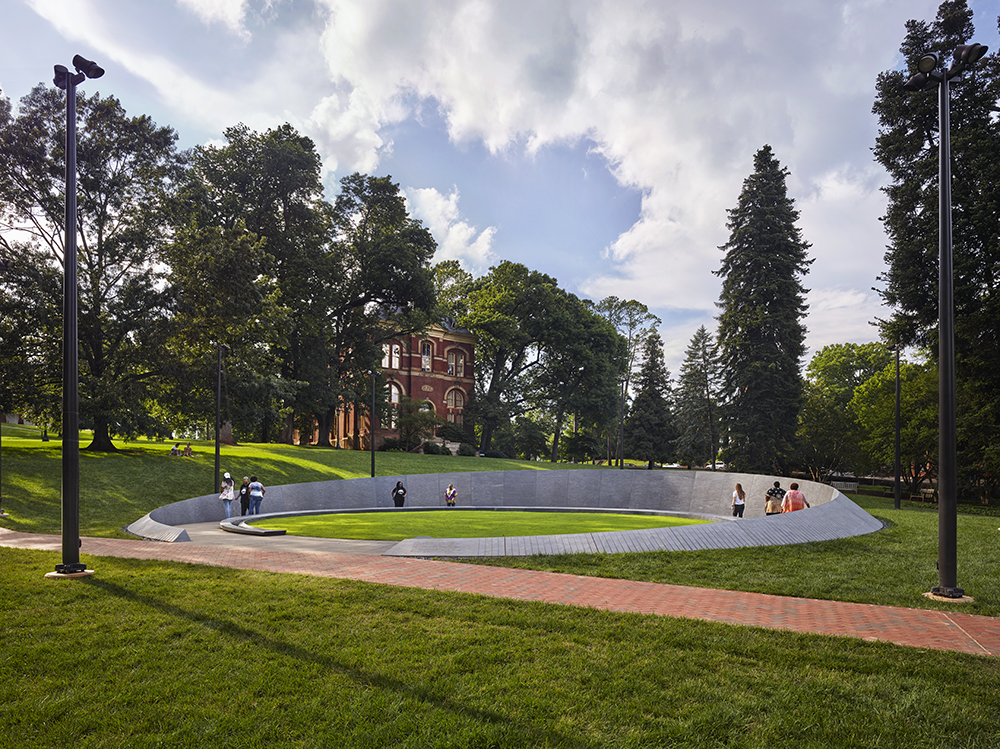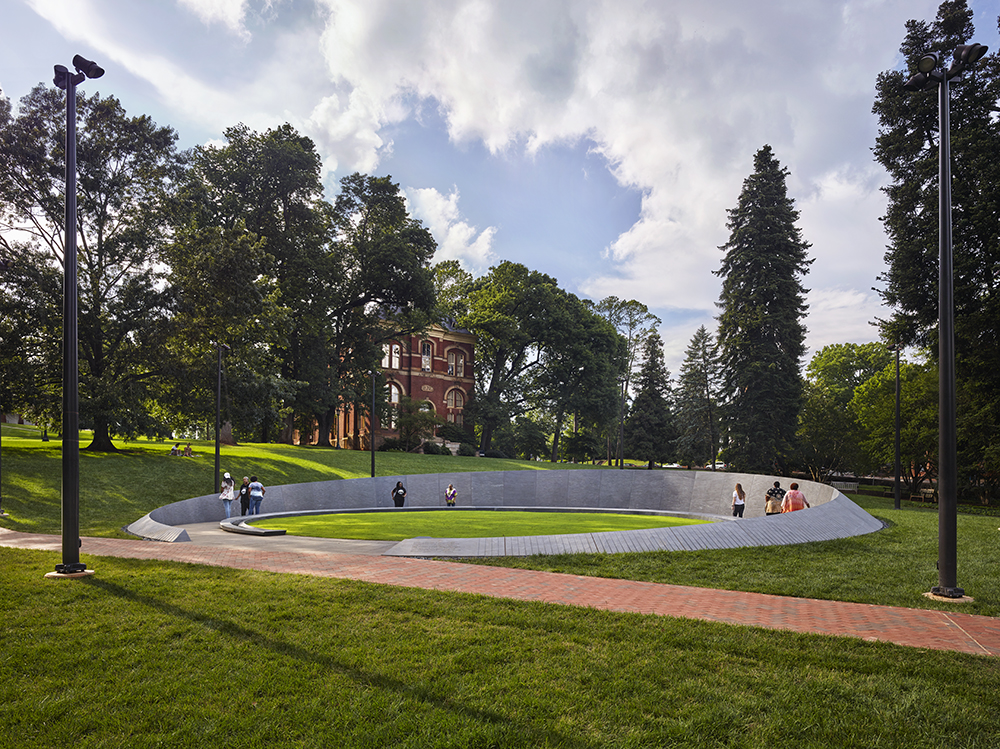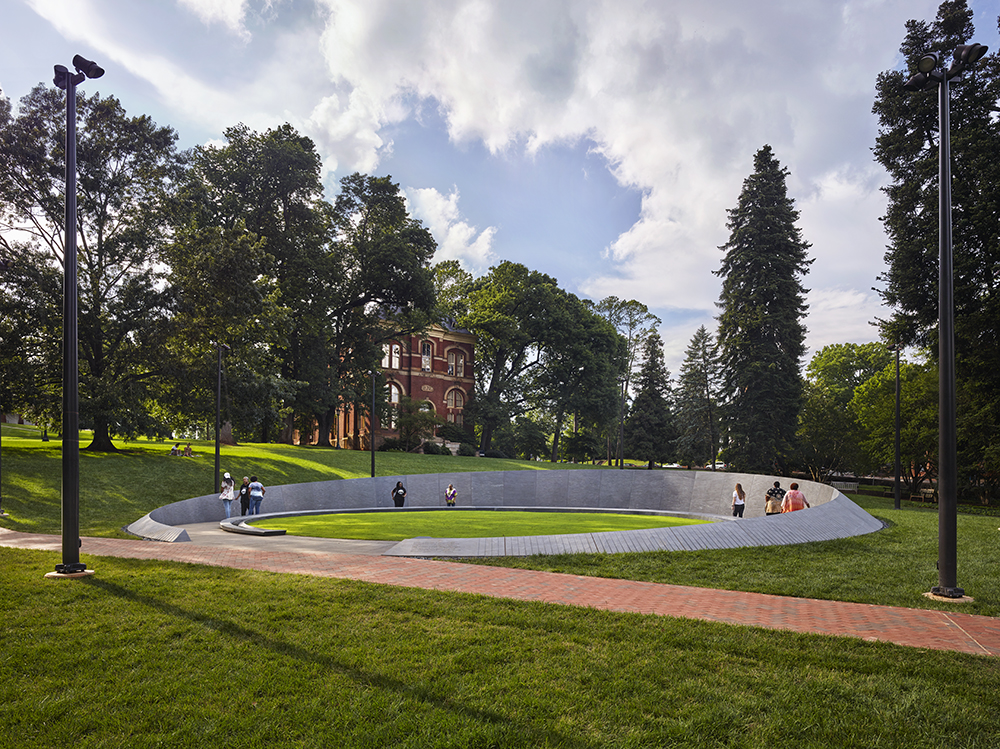
Catalog Advanced Search
-
Contains 1 Component(s)
Summary
Description
-
Register
- Member - $25
- Non-member - $45
- Student - Free!
- More Information
-
Register
-
Contains 1 Component(s)
NOMA: UNPLUGGED
Building codes and zoning laws have a substantial impact not only on the design of buildings but also on the shaping of entire communities and cities. While building codes govern how to build, zoning codes prescribe what to build and where, somewhat analogous to the programming or master planning and design phases. With such an influence on the built environment, looking at them through the lens of equity is key as we confront climate change, integrate resiliency in buildings and communities, and address inequity. Inequity ranges from disparate effects of disasters on communities of color, unhealthy materials in existing buildings leading to worse health outcomes, higher energy burdens on low-income households, disproportionate impacts of the effects of climate change, historic redlining of Black neighborhoods, displacement by the gentrification of neighborhoods, etc. The session examines how building and zoning codes can address equity on some of these issues. It explains the evolution process of code cycles and traces their limits in addressing specific inequities. Attendees will look at codes in a different way, as an important and indispensable tool in their arsenal as they address equity through planning and design.
-
Register
- Non-member - Free!
- Member - Free!
- Student - Free!
- More Information
-
Register
-
Contains 1 Component(s) Recorded On: 10/29/2022
The Vortex Collaborators propose that this year’s session highlight African-American men in the profession. While the number of African American architects continues to increase, it is at such an incremental pace that the percentage related to the number of licensed architects in the US, has not increased from 2% in over a decade.
The Vortex Collaborators propose that this year’s session highlight African-American men in the profession. While the number of African American architects continues to increase, it is at such an incremental pace that the percentage related to the number of licensed architects in the US, has not increased from 2% in over a decade. The number of African American women has doubled in 10 years but the number of men has grown much slower. This panel will bring together a dynamic group of men along the spectrum of career levels to highlight their challenges and their successes in the architecture profession.
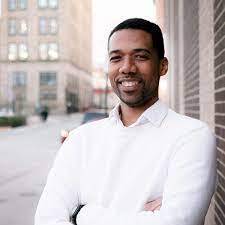
Ernest Bellamy
City Planner
City of Chicago
Ernest Bellamy is a City Planner in the City of Chicago. He is currently pursing his AICP and his architecture license. A native of Miami, FL, he earned his Master of Urban Design, Architecture from Carnegie Mellon University and his Bachelor's Degree, Architecture from Illinois Institute of Technology.
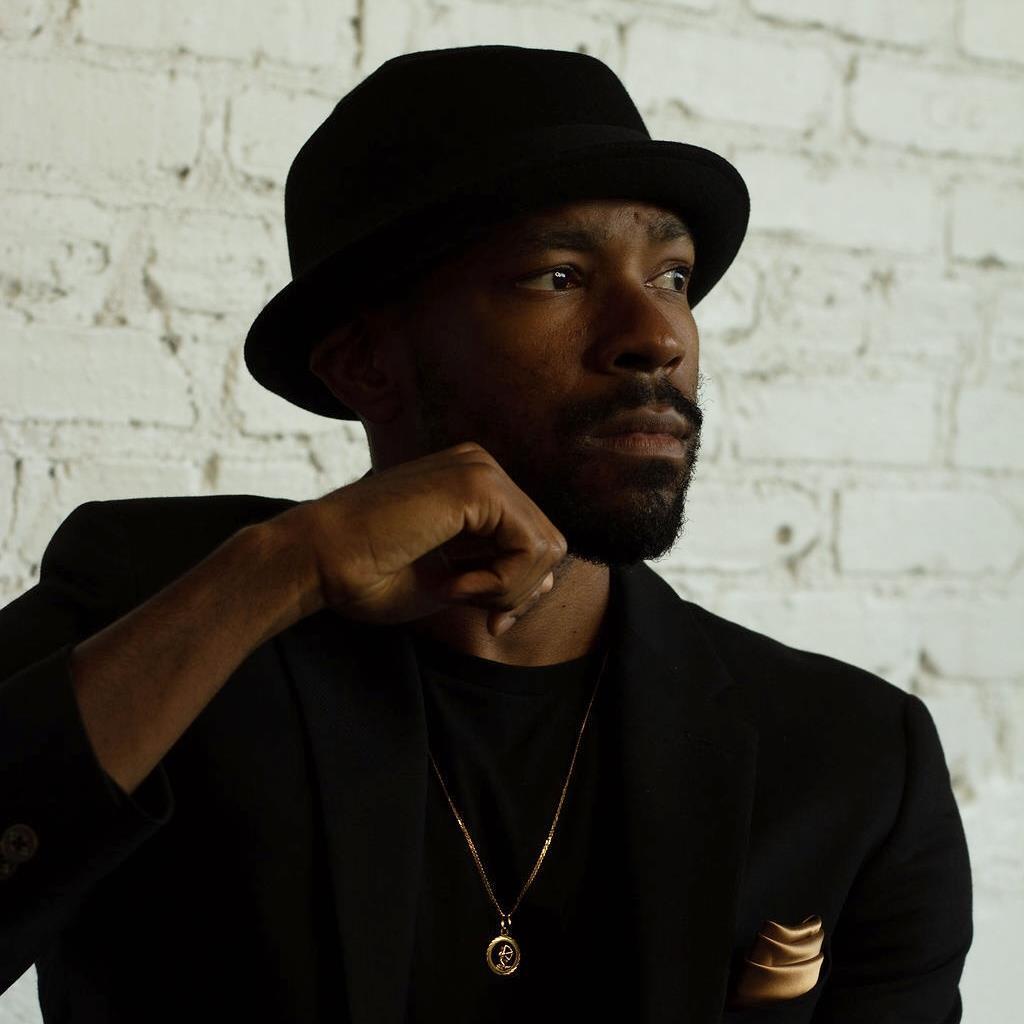
Nicholas Forest (Moderator)
Project Manager
CBRE
Nicholas Forest currently works as a Project Manager with CBRE, out of the Atlanta, Ga office. He previously worked with Quest Community Development, a non-profit affordable housing development organization. At Quest, he served on the real-estate development team, assisting in the management and construction of various developments at differing scales. He is also a founding member of BlackSpace Atlanta. A subsidiary of BlackSpace national in New York City.
Before moving to Atlanta, Nicholas served with the non-profit organization, SBP, in New Orleans, Louisiana, as a part of a 10-month Americorps program. He used his architectural background to support SBP's efforts in rebuilding many of the New Orleans' communities. Nicholas holds a Bachelor of Science in Architecture with a minor in Construction Science from Prairie View A&M University and a Master of Architecture from Illinois Institute of Technology. Along with developing equitable communities, Nicholas is passionate about educating minorities about development and design.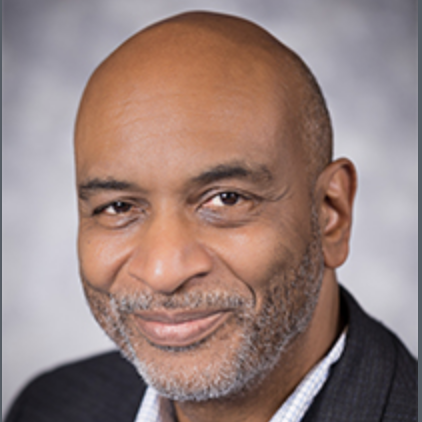
Juan Self (Moderator)
Founding Principal
Self Tucker Architects, Inc.
Juan, a founding Principal of Self Tucker Architects, Inc., has nearly thirty years' experience in architecture, construction, project and program management. He has extensive experience with schools, churches, child-care facilities, single and multi-family housing, medical facilities, civic/government facilities, and commercial spaces. Juan received his degree in Architecture from Howard University School of Architecture and Planning in Washington, DC. He served on the AIA Memphis Board of Directors and currently serves as Chairman of the Memphis/Shelby County Building Code Advisory Board and is a member of the Tennessee Preservation Trust Board, Tennessee Historical Commission Review Board and Memphis Center City Commission Design Review Board.
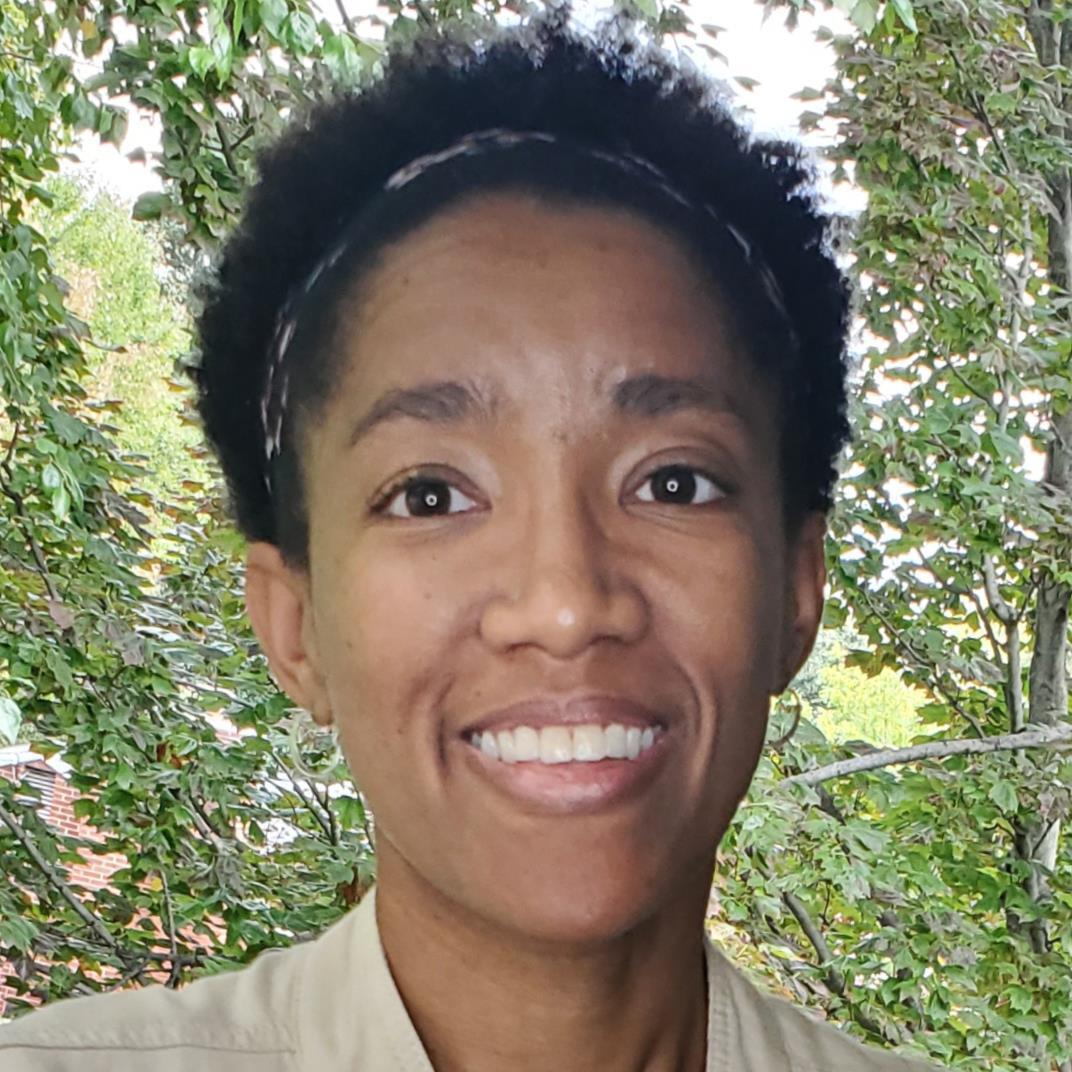
Katherine Williams, AIA, NOMA, LEED AP (Moderator)
Senior Project Manager
DC University
Katherine Williams, AIA, NOMA, LEED AP is a licensed architect in Northern Virginia and currently a Senior Project Manager at a DC university. Katherine has written extensively about the architecture profession, diversity in the industry, and community development. She has served as editor for multiple publications and was the NOMA magazine editor from 2009-2014.
Additionally, Katherine served as chair of the AIA Housing and Community Development KC advisory group and was an Enterprise Rose Architectural Fellow in San Francisco. She was a recipient of the 2016 AIA Virginia Emerging Professionals award and the 2013 National Organization of Minority Architects President’s Award. She writes at katherinerw.com and is publisher/editor for archstories.com.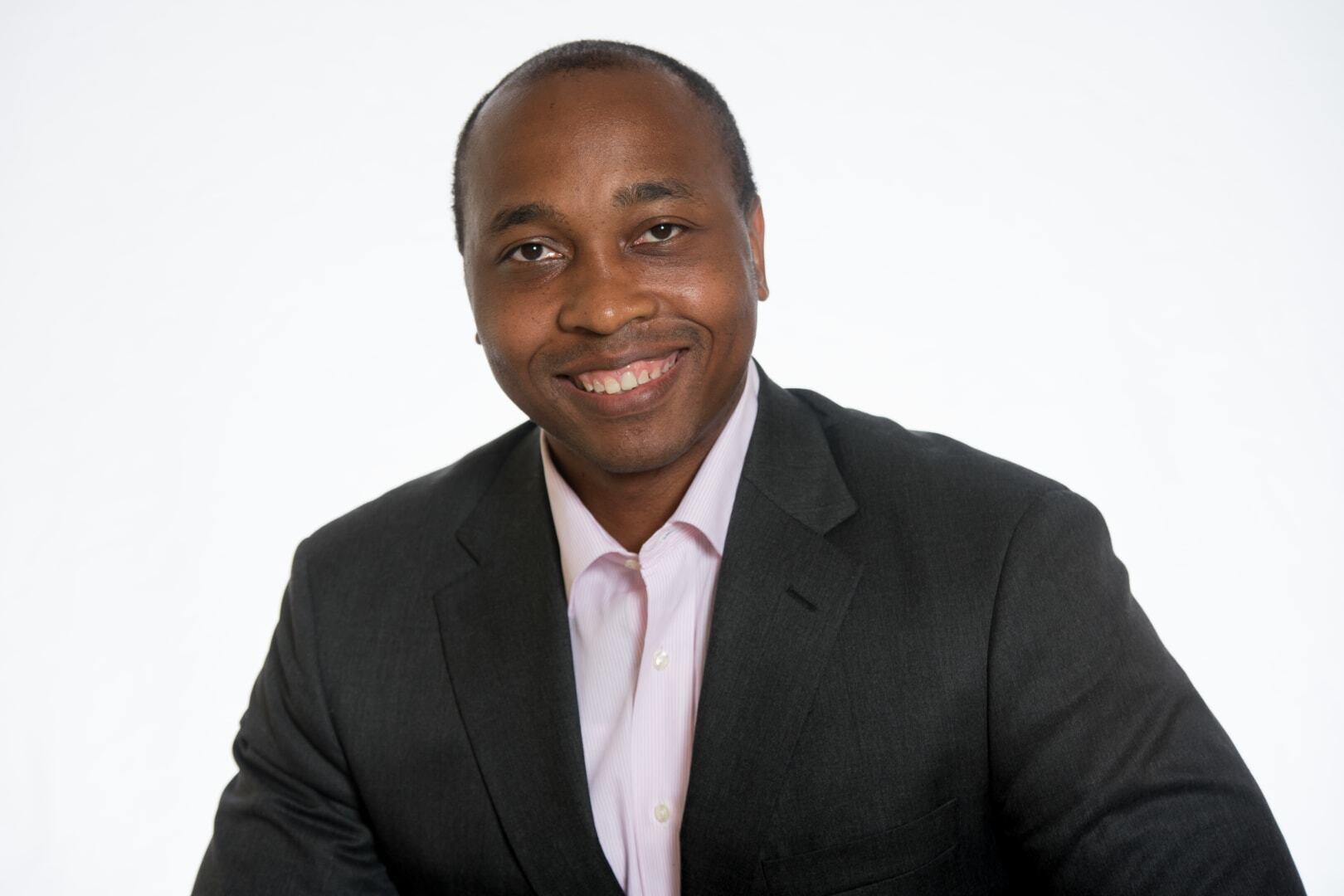
Corey Clayborne (Moderator)
Presenter
Corey Clayborne, FAIA currently serves as the Executive Vice President of AIA Virginia. In this position, he is responsible for the success of the Advocacy, Education, Outreach, and Member Services portfolios. His volunteer service spans across the AIA, NCARB, gubernatorial, and local government appointments. Prior to his current role, Corey worked in private practice for 13 years serving as a project manager for local, state, and federal clients.
-
Register
- Non-member - $50
- Member - $25
- Student - $10
- More Information
-
Register
-
Contains 1 Component(s)
Placeholder summary
Breif Description
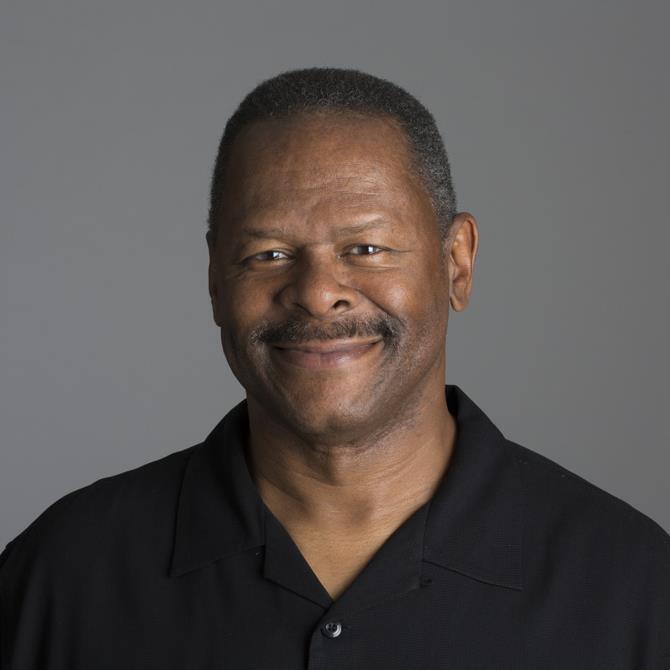
Curtis Moody, FAIA,NOMA (Moderator)
Moody Nolan
Award-winning architectural designer Curtis J. Moody has been involved in the design of several billion dollars in construction over his 48-year career. A winner of the prestigious Whitney M. Young, Jr. award as an outstanding African American Architect in the United States in 1992, Curt’s designs have won more than 300 design citations, including 48 from the American Institute of Architects (AIA) and 44 from the National Organization of Minority Architects (NOMA), more awards than any other minority architectural firm in the United States.
In 2002, Curt was given the Distinguished Service Award from The Ohio State University, being one of only three recipients that year. And in 2007, he received the AIA Ohio Gold Medal Award just one year after Moody Nolan received the AIA Ohio Gold Medal Firm of the Year Award. Moody Nolan is the only firm to win this coveted award consecutively. Recently, Curt was reappointed to serve as a peer reviewer for the Architect/Engineer selection panel for the General Services Administration (GSA) Design Excellence Program. Curt and the firm have been featured in numerous publications including Architectural Record, Fortune 500 and MBE Magazine.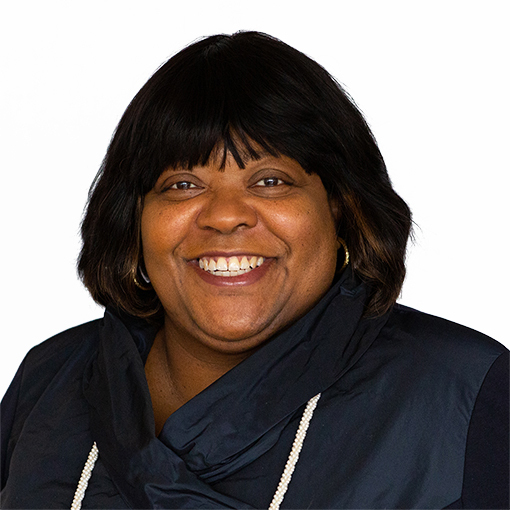
Saundra Little (Moderator)
Director of Diversity & Inclusion
Saundra is an accomplished architect and dedicated advocate for the revitalization of the urban realm. With expertise in building assessments and creative yet practical design strategies, she helps clients transform buildings, increase property values, and bring new life to aging communities.
Saundra’s portfolio reflects the diversity of the neighborhoods she champions, with successful cultural, institutional, educational, and commercial projects of all sizes.
Her work in design, revitalization, and adaptive use projects consistently demonstrates a respect and sensitivity to the unique architectural heritage of local neighborhoods. Through her devotion to this challenging work, she has helped renew, uplift, and sustain vulnerable communities.
Imani Day, AIA, NOMA (Moderator)
Founder + Principal
RVSN Studios
Imani Day is an award-winning, licensed architect living and working in Detroit. She is the founder and principal of RVSN Studios, which is a design research practice with a focus on authentic, high-impact design that drives social progress at any scale. As an adjunct professor, Imani's courses emphasize architecture as an intentional act of social justice and advocacy to combat racism and inequities in the built environment. As a member of the executive board of the National Organization of Minority Architects and AIA Detroit, Imani continues to champion equity within the profession. As a writer and editor, Imani works to amplify underrepresented voices and uncover issues in the industry. She is proud to be the 13th African American woman to become a licensed architect in the state of Michigan and 463rd in America.
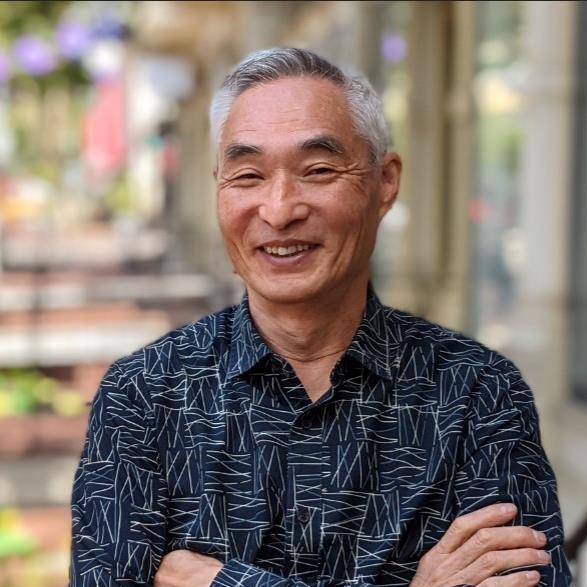
Rod Henmi, FAIA, NOMA (Moderator)
Director of Design
HKIT Architects
Rod Henmi has compiled a distinguished career as an award-winning architect, educator and advocate for social justice. His professional career focuses on community-oriented projects such as affordable housing, schools and municipal buildings. He is deeply committed to furthering opportunities for minority architects and served on the board of the National Organization of Minority Architects (NOMA). He is currently the Chairperson of the Board of Directors of Kimochi, Incorporated, a non-profit agency dedicated to improving the lives of senior citizens. As a result of his career achievements, influence on the profession and community service, he was invested in 2011 into the College of Fellows of the American Institute of Architects.
He graduated with a Bachelor of Architecture with High Distinction from the University of Minnesota and a MAUD degree from Washington University in St. Louis. After graduation he taught there for fourteen years, during which time he co-authored with Iain Fraser the seminal book on architectural drawing, Envisioning Architecture: An Analysis of Drawing. He was Director of Design and principal at MWA Architects of San Francisco before joining HKIT Architects as Director of Design in 2009.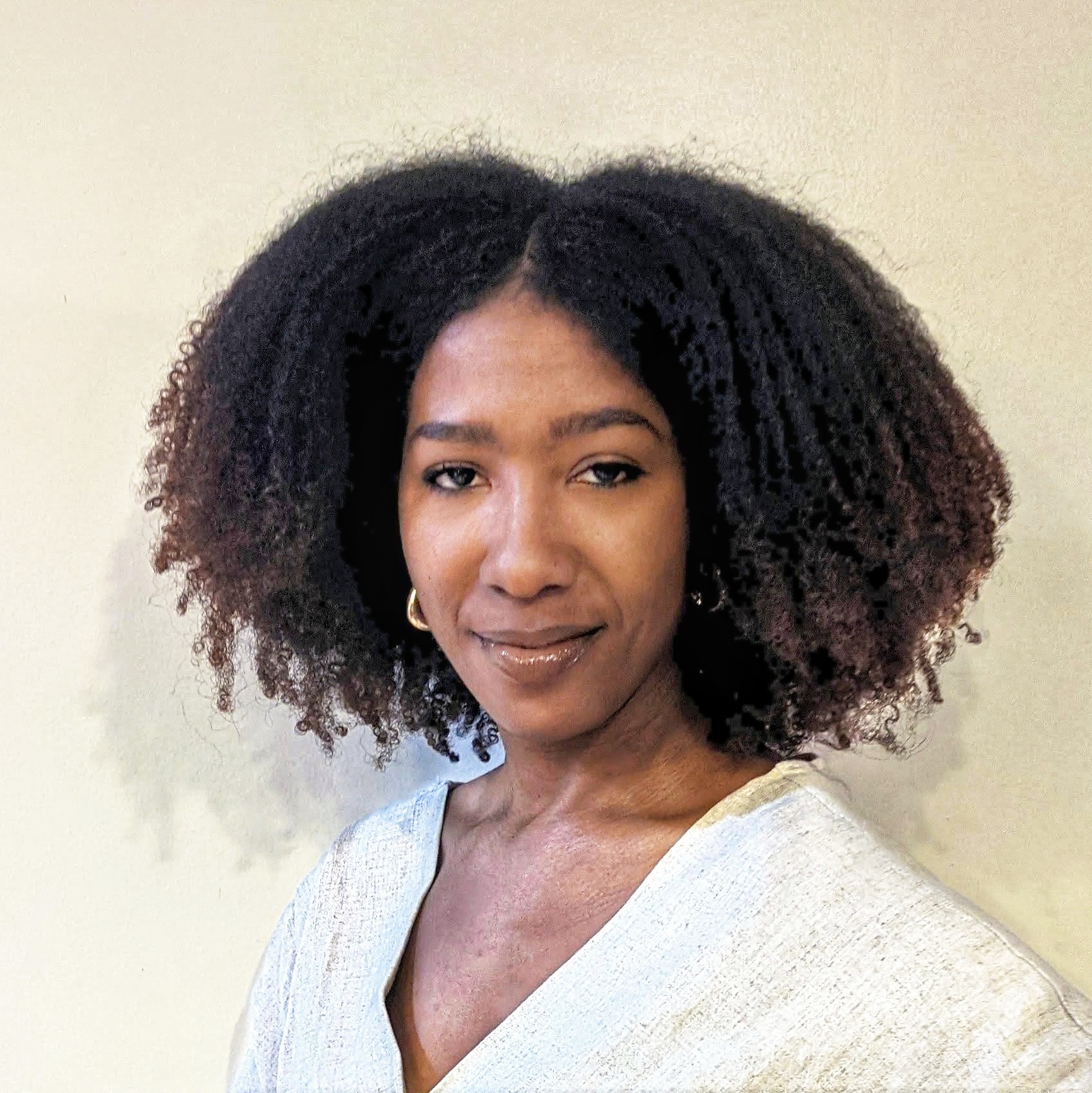
Maya Madison (Moderator)
Maya Madison designs with a sense of community and serving the public in mind. Maya comes from a family of architects and engineers and is a third generation architect with both of her parents, great uncle, and grandfather all being architects. Her great grandfather was an engineer. Having graduated from Syracuse University with a Bachelor of Architecture degree, she has always viewed architecture as an art form that is essential to the everyday life and well-being of humanity. With over six years of post-graduate experience, Maya has served a variety of important roles designing and detailing projects ranging from performing art centers to commercial skyscrapers and currently aviation projects. With a passion for drawing and painting, Maya brings her creative flare and artistic eye to the design and construction process.
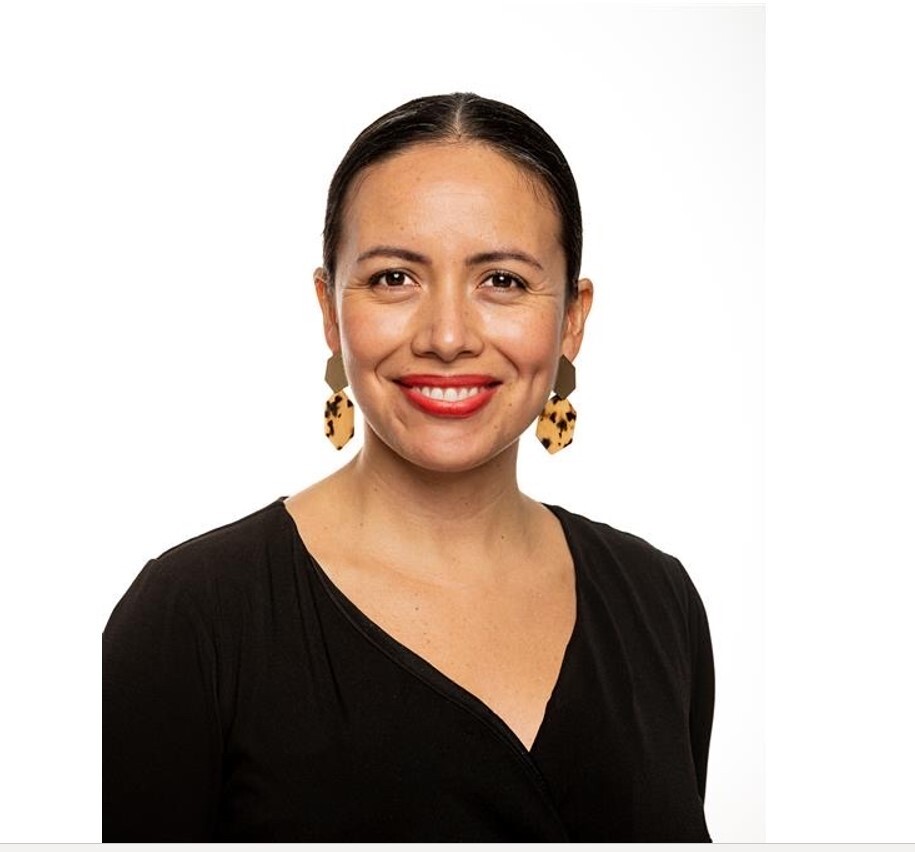
Paola Moya (Moderator)
Founder and Chief Executive Officer of Architecture
Moya Design Partners
Paola Moya is the founder and chief executive officer of architecture, interiors and visual design firm Moya Design Partners. She earned her bachelor’s and master’s degrees in architecture from the Catholic University of America, and at age 30 became partner at DC’s Marshall Moya Design, working on a variety of important projects such as the Howard Theatre renovation, Audi Field, ESA (home of the WNBA’s Washington Mystics), MGM National Harbor, and Chuck Brown Memorial Park.
In 2017, Paola accelerated her career and founded Moya Design Partners. MOYA’s diverse project portfolio includes Eastern Market Metro Park, housing and services for low-income families (Diane’s House) and the homeless (Downtown Day Services Center), and the new headquarters for DC’s Department of General Services (DGS). To support the firm’s goal of advancing social causes, Paola and the MOYA team has hosted Art After Dark, a charity event to support DC women and artists of color while raising funds to alleviate homelessness.
The Washington Business Journal (WBJ) has recognized Paola for several accolades, including: “Women Who Mean Business” 2020 honoree; “Power 100 Playmakers”; a top “40 Under 40” professional; and a “Minority Business Leader of the Year.”-
Register
- Non-member - Free!
- Member - Free!
- Student - Free!
- More Information
-
Register
-
Contains 3 Product(s)
This is a short summary.
Insert more information about the series here.
-
Register
- Non-member - $250
- Member - $50
- Student - Free!
- More Information
-
Register
-
Contains 9 Component(s)
In this module, we will cover the impact of architecture on society to make a compelling case for DEI in the intersection of design and social justice in the community and the workplace. We will discuss architecture as a tool in the pursuit of social justice and bring knowledge and practices together for your own equity and inclusion vision at your firm. Finally, we’ll explore ideas from this experience to identify key steps to take you to the next level of DEI as a business strategy.
At the end of this module, you will be able to:
- -Collaborate and explore ideas on becoming a more inclusive culture
- -Describe ways progress and accountability can be tracked and reported on
- -Create an action plan
-
Register
- Member - Free!
- Student - $50
- More Information
-
Contains 9 Component(s)
In this module, we will review research on effective teams. We'll explore why diversity makes teams smarter and innovative. We will also dissect several ways groups and organizations have used to foster more inclusive work settings. Lastly, we will discuss ways to lead your team more inclusively.
At the end of this session, you will be able to:
• Recognize the essential role of diversity in teams
• Create and lead smart teams
• Resolve conflict
• Employ tactics to lead your team more inclusively-
Register
- Member - Free!
- Student - $50
- More Information
-
Register
-
Contains 9 Component(s)
This module explores awareness of one’s own diversity and uniqueness, then will zoom out to what this means for the team and organization. We will also explore bias and Emotional Intelligence (EI) to gain greater awareness of our perspectives and ways to mitigate bias.
Objectives for this learning experience are to:
• Recognize and mitigate bias
• Identify the impact of bias
• Use Emotional Intelligence (EI) to understand and manage emotions
• Identify key practices and tactics in the work setting to enhance a culture of inclusion
-
Register
- Member - Free!
- Student - $50
- More Information
-
Register
-
Contains 9 Component(s)
This module explores awareness of one’s own diversity and uniqueness, then will zoom out to what this means for the team and organization. We will also explore bias and Emotional Intelligence (EI) to gain greater awareness of our perspectives and ways to mitigate bias.
Objectives for this learning experience are to:
• Recognize and mitigate bias
• Identify the impact of bias
• Use Emotional Intelligence (EI) to understand and manage emotions
• Identify key practices and tactics in the work setting to enhance a culture of inclusion
-
Register
- Member - Free!
- Student - $50
- More Information
-
Register
-
Contains 12 Component(s)
This module sets the stage for the Leading Inclusive Teams Immersive Experience. In this module, we will reflect on the backstory. We'll highlight events in history that led us to where we are today. We'll also consider what external events might mean for your organization and people. Finally, we'll discuss why we can look forward to better horizons.
Objectives for this learning experience will help you to:
• Recognize the difference between diversity and inclusion in the workplace
• Explore why inequity works against our goals
• Discuss the context of injustice in modern society
• Realize how inequity has been expressed in the design profession
• Imagine ways your organization can embrace a work culture of greater inclusion and repres
-
Register
- Non-member - Free!
- Member - Free!
- Student - Free!
- More Information
-
Register

